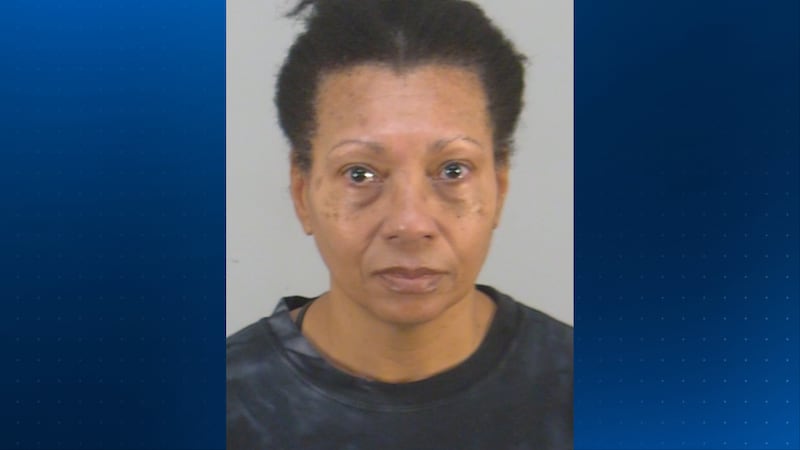TALLAHASSEE — In 2014, facing a constitutional amendment to legalize medical marijuana, the Florida Legislature approved its own form of medical marijuana designed to help kids that suffer from epilepsy. The non-euphoric marijuana, known as “Charlotte’s Web,” is still not available.
Now, facing a constitutional amendment again, the legislature has approved yet another form of medical marijuana, but it will only be available for people with terminal illnesses. Critics say it’s just another attempt by lawmakers to undercut the amendment and prevent the expansion of medical marijuana in Florida.
“I don’t think this Florida program that we’re inventing out of the air is working or any indication that it will work,” says Daniel Rogers of Florida for Care, the group pushing for a constitutional amendment for full legalization of medical marijuana. “There are a number of differences between what the legislature passed and the proposed amendment.”
Florida for Care says the bill passed by the legislature, HB 307, which has not been signed into law by Governor Rick Scott, is too narrow in its list of conditions. The group says under the proposed amendment, physicians would have the discretion. Under the proposed law, the legislature has determined which medical conditions qualify, limiting access to medical marijuana to only terminal illnesses.
“I think it’s curious that the legislature only acts when they are facing an amendment,” says Rogers.
“I have arthritis and inflammation goes along with it,” says Orlando resident Ted Norton.
Norton moved to Orlando from California, where he had access to medical marijuana. Norton says the marijuana helped his chronic pain brought on by physical activity. He is now working to legalize the drug for medical purposes in Florida.
“Under this law, I wouldn’t have access to medical marijuana,” says Norton.
Norton isn’t the only person who is eyeing the bill passed by the legislature as too limited.
Just a few years after graduating from Florida State University, Winter Park resident Christina Cusack was diagnosed with multiple sclerosis. The disease impacts the central nervous system, causing communication problems between the brain and the body. Christina’s MS is kept in check by a half dozen medications. She’d like to replace those drugs with medical marijuana, but under the bill passed by the Florida Legislature, she would not qualify.
“They (the legislature) are not concerned with the majority of us that are in need of help,” says Cusack.
The bill would not include Cusack because her MS does not fit within the guidelines for medical marijuana.
According to HB 307, the only patients who could qualify would be those who have a “terminal condition that is attested to by the patient’s physician and confirmed by a second independent evaluation by a board-certified physician in an appropriate specialty for that condition” and “considered all other treatment options for the terminal condition currently approved by the United States Food and Drug Administration.”
Amendment 2, which Cusack and Norton say would allow them access to medical marijuana, is on the November ballot.
The amendment must receive at least 60 percent of the vote to be added to the state constitution.
Cox Media Group




